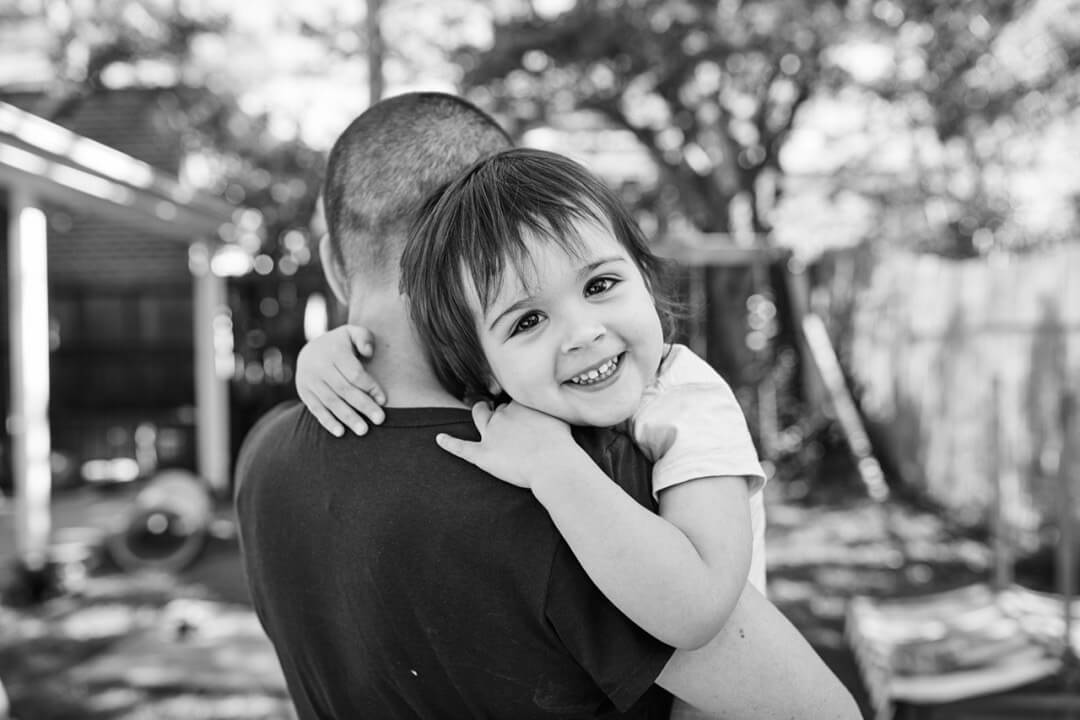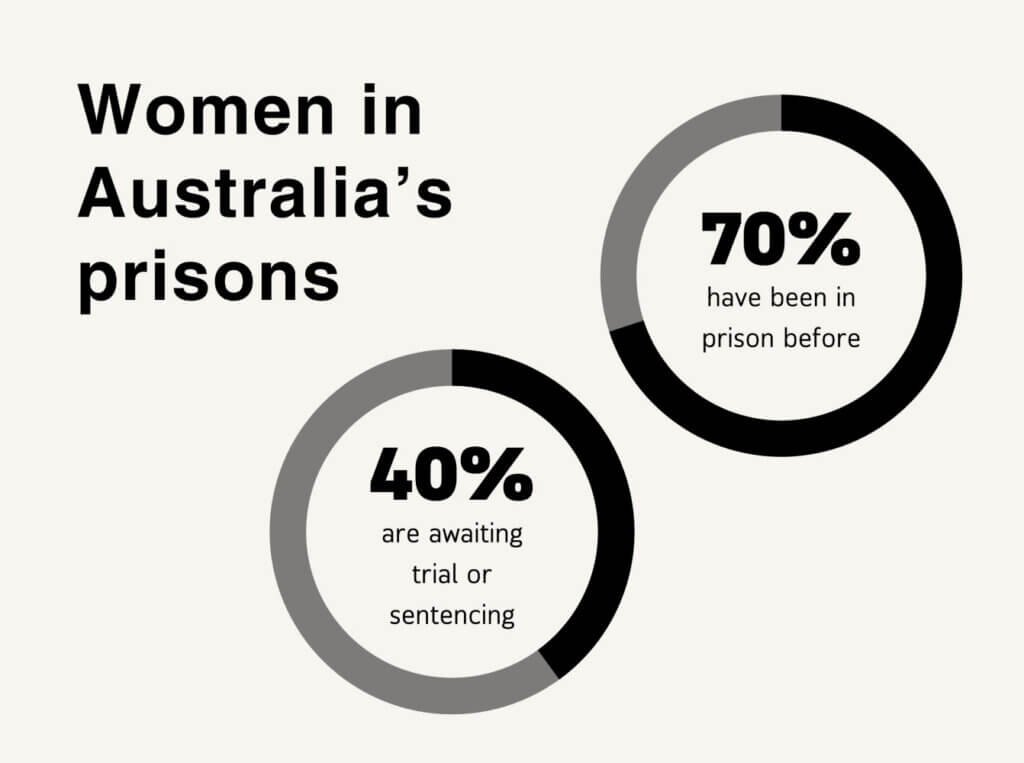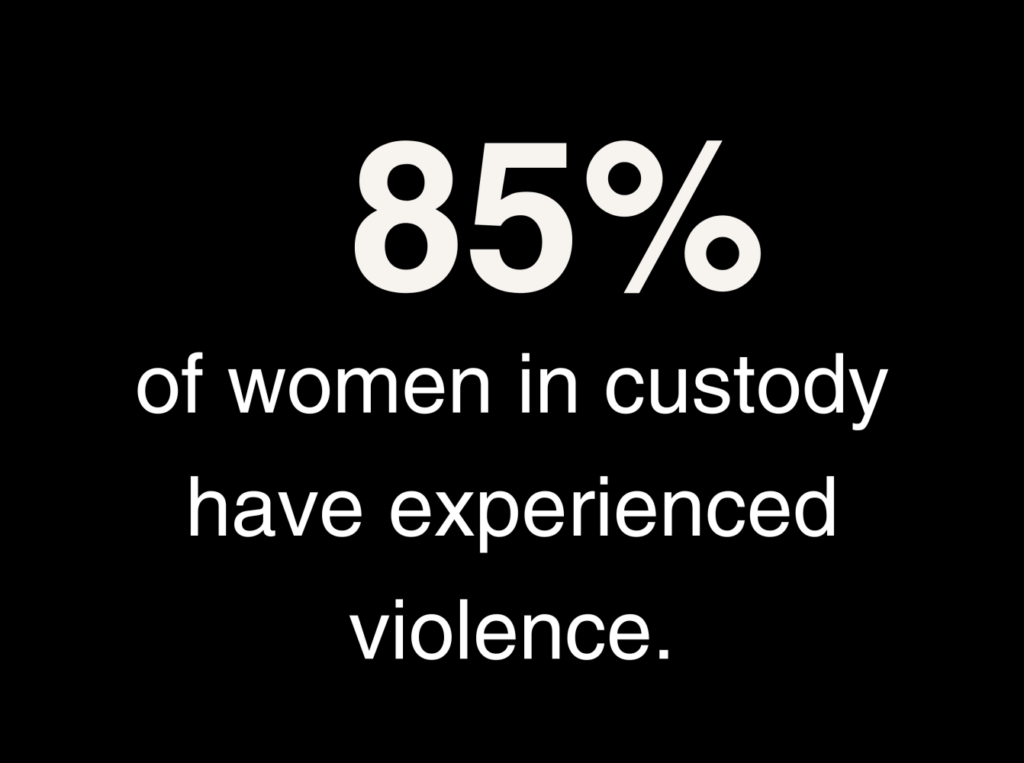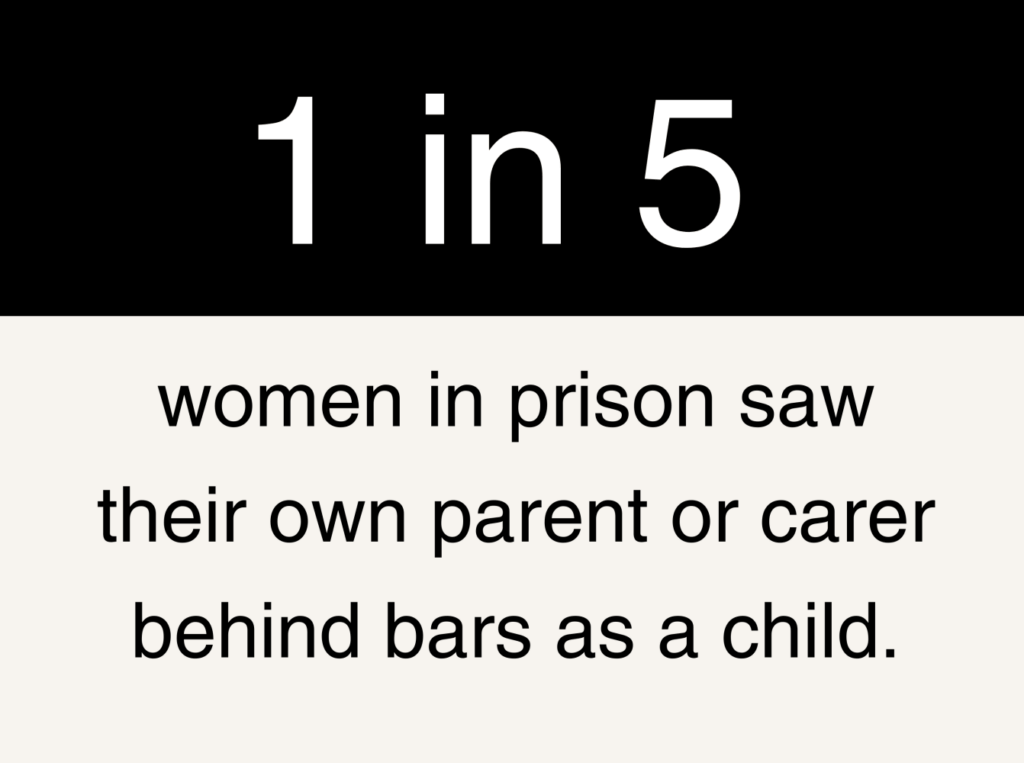The case for investing in women in prison

Women are now the fastest-growing group in Australian prisons, and the majority are mothers. Even a short time behind bars can profoundly affect their children, leading to cycles of disadvantage and further incarceration. By putting our support behind women in prison, and investing in the organisations that work tirelessly on their behalf, we can help disrupt the cycle of disadvantage for women today and those to come.
By Candice Van Doosselaere, Head of Australia Programs for the Judith Neilson Foundation.
Why are women Australia’s fastest growing prison population?
Australia is experiencing an alarming surge in female incarceration rates. In the decade to 2019, the number of women in prison in Australia increased by 64%, surpassing the 45% rise in the male prison population. Now, 3,168 women are incarcerated in Australia. For comparison, the UK, with its population of 67 million, recorded a prison population of 3,107 women in 2022.
This increase is not because women are committing more serious crimes, but rather, because more women with previous convictions are facing the courts and becoming caught in cycles of imprisonment. Alarmingly, nearly half of all women behind bars are on remand, held in custody while awaiting trial or sentencing. This trend is exacerbated by stricter bail laws, leading to a higher likelihood of being denied bail for minor offences.

First Nations women face acute disparity, being 35 times more likely to be imprisoned than those who are non-Indigenous. For the first time on record, First Nations Australians are the most imprisoned people in the world.
Locking up the most vulnerable
Different forms of disadvantage are the key drivers to incarceration. Domestic, family or sexual violence not only elevates the risk of criminalisation and incarceration but can also lead to mental health and substance abuse, further entrenching this cycle. These experiences significantly contribute to homelessness, with many women offending during times of crisis, driven by mental health decline, financial stress, and struggles with addiction.

Imprisoned women are overwhelmingly victim-survivors of violence and abuse, with many experiencing homelessness or housing instability right before their imprisonment. This situation underscores the broader issue of criminalising women who are struggling, having already endured unimaginable hardship and in need of support.
The ripple effect on children
Current estimates suggest around 77,000 Australian children have a parent in prison, underscoring the widespread impact. Even a short stint behind bars for their mum can have devastating, long-lasting impacts. Children may be taken from their home, their school, their peers and loved ones, and placed into the child protection system. This shift significantly increases their likelihood of encountering the juvenile detention system, and later, adult prisons, perpetuating that cycle from mother to children. According to federal records almost one in five women in jail have seen a parent or carer behind bars as kids.

The long-term consequences of imprisonment for women
Imprisonment of women often leads to stigma, discrimination and barriers to accessing services, worsening mental health and addiction – all contributing to an ongoing cycle of homelessness and disadvantage. For instance, of the 2,760 women exiting prison in NSW in 2019, 900 were released into homelessness or unstable accommodation. Employment challenges and rigorous criminal history checks make it difficult for these women to gain employment and remain financially independent, potentially driving them back to harmful relationships or into the criminal justice system without proper support to address the multiple intersecting challenges they face.
Shifting the dial: Investing in women’s futures
The reality is startling, but far from hopeless. A few encouraging trends have emerged, indicating a recognition of the need for better funding in the justice space and continued collaboration.
- The common narrative among organisations working at the coalface of these issues is that this work remains incredibly underfunded. There are solutions that work, but they require greater resourcing.
- Most of the organisations operating in this space are successfully working collaboratively, sharing knowledge and genuinely seeking to collectively support better outcomes for these women and their families.
- In Australia, there is political will to find alternative solutions to incarcerating women, recognising the need to address the root causes of women’s imprisonment through supportive, rehabilitative measures in line with justice reinvestment models.
The Judith Neilson Foundation invests in grassroots organisations working to disrupt the cycle of disadvantage and incarceration in Australia, and welcomes collaboration with other funders. The Foundation is backing partnerships in Sydney to shift the dial for women impacted by the criminal justice system and their children:
- Women’s and Girls’ Emergency Centre’s FROM NOW program supports mothers and pregnant women exiting prison, providing them with accommodation and intensive wrap around support.
- Success Works’ Beyond Barriers program supports women with a criminal record to gain employment.
- Community Restorative Centre’s Miranda Project provides intensive casework support to women exiting or at risk of entering incarceration.
- Public Interest Advocacy Centre’s Women’s Criminal Law Service proposes to be NSW’s first dedicated criminal legal service for women, incorporating case management alongside criminal and civil law support services.
By investing in the potential of women impacted by the criminal justice system, and supporting the organisations that work tirelessly on their behalf, we can stop the cycle of disadvantage and incarceration for women today, and for future generations.
Theme: Criminal justice system